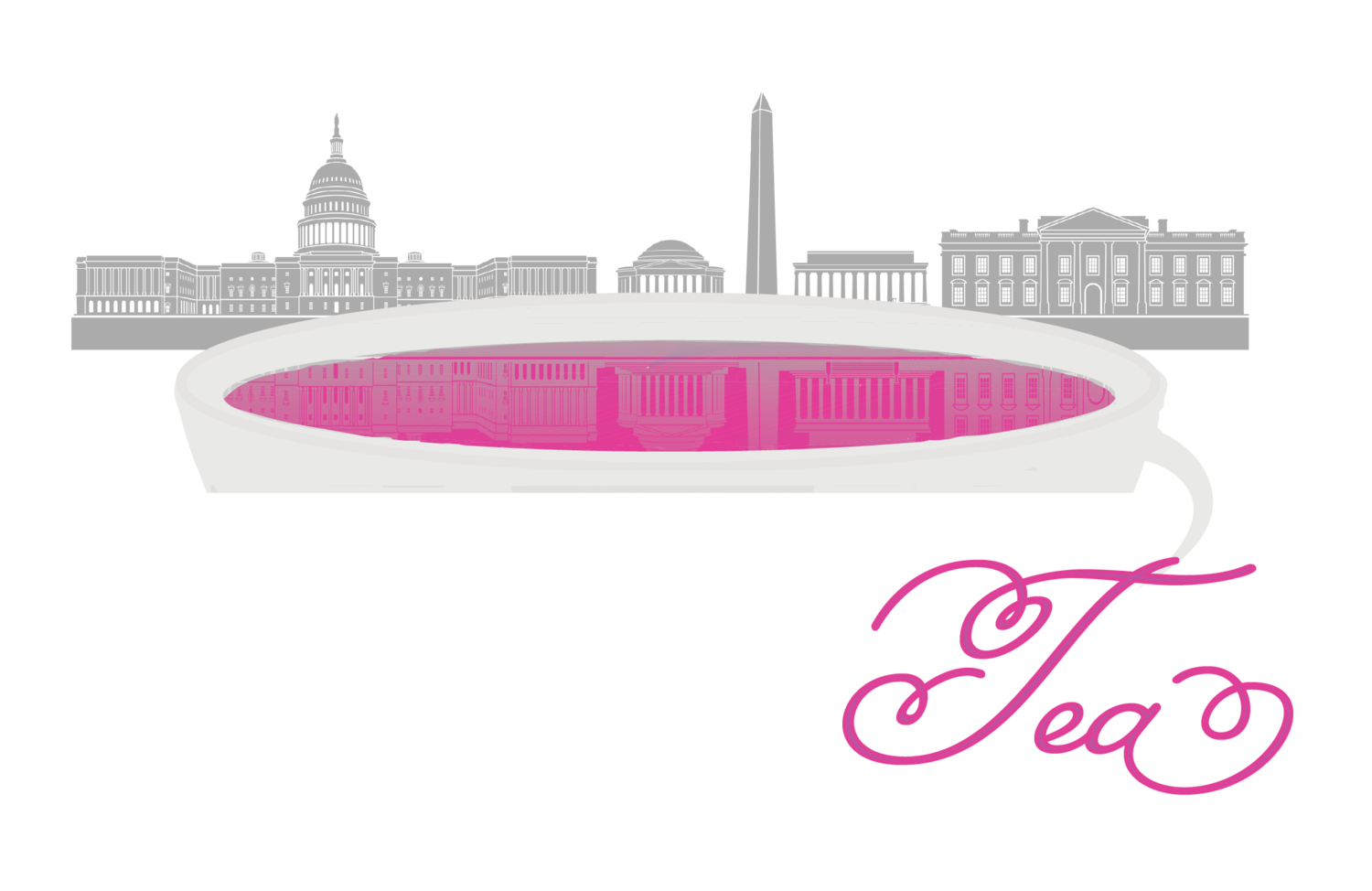A Lesson on History to Donald Trump: Your Personal Confederate Heroes Are Not Worthy of Being Publicly Revered
By: Jalen Nash
Last night, President Donald Trump argued in defense of keeping up Confederate monuments, shouting,
“They’re trying to take away our culture; they’re trying to take away our history.”
It seems that Donald Trump missed some basic elementary-history lessons. In school, we learn about four major wars: The Revolutionary War, the Civil War, World War I and World War II. These wars had a profound impact on the lives of Americans at home and abroad. The Revolutionary War declared our independence and led to a democracy where “all men are created equal”. World War I established us as a superpower and World War II established us a guardian of democracy across the globe. Each of these wars had a profound impact on our country, but none was more consequential than the Civil War.
Even though the country successfully made expansions and grew the economy on the backs of four million African people, folks were determined to disenfranchise them in every way possible. The country's racism and division became explosive in the 1850s as politicians fought over the distinction between “free states” and “slave states”. Ultimately, tensions between two sides of the county came to a head in 1861 when seven Southern states seceded from the union. Led by Jefferson Davis, these seven states rebelled against the country, and organized themselves into Confederate States of America fighting to protect “the subordination and the political and social inequality of the African race”. After their secession, a war started.
In this four-year war, over 800,000 people lost their lives, and “heroes” like Abraham Lincoln and Francis Barlow are honored for being great leaders. Just as we celebrate ours, some southerners seek to honor the legacy of their fallen ancestors. And although I could never understand why you would want to celebrate people who died for the right to treat people like animals, they have every right to do so… in the privacy of their own homes.
Portsmouth Confederate monument, photo via The Virginian Pilot
We should not let ourselves get sucked into debates over whether what these people believe is right or wrong, that is a never-ending battle. Confederate sympathizers will always want to honor their history, and everyone else will always see them as racists. Although we disagree with their backwards way of thinking, it is protected under our constitution. The real debate should center around these symbols and statues being allowed in public spaces.
Many Americans revere their heroes. Just as I admire Jay-Z, Barack Obama and Nat Turner, some people admire Robert E. Lee and Jefferson Davis. Just as I feel pride in the history of my ancestors, others feel pride in the history of the Confederate States of America. But when we’re talking about heroes who should be endorsed by our government, our personal heroes do not all fit the criteria. I admire Huey Newton and Assata Shakur, but for the same reasons Robert E. Lee shouldn’t have a statue in the first place, they don’t fit the criteria.
Jefferson Davis statue in New Orleans, photo via Gambit Weekly
If we are going to label something as unequivocally wrong, we must remove the symbols that represent that thing. If we agree that slavery is wrong, we should remove the symbols that glorify it. The Confederate States of America glorified and fought for slavery, and just as they removed the history of the Africans they enslaved, their history should be removed as well. The Confederacy was not founded on protecting rights and freedoms of all, but protecting the enslavement of Africans. For our government to allow relics and statues of people who supported this ideology, that was responsible for the death of hundreds of thousands of Americans and enslavement of millions more is an endorsement of these ideals and way of thinking.
Just as many believe that removing these statues infringes on their rights, twice as many pass by these relics every day and see reminders of a history that placed the value of a black life less than that of a farm animal. What many on the "alt-right" fail to acknowledge is that, from 1861 through 2017, their fight to “protect their rights” has directly infringed on the rights of black people.
This is not an argument on whether or not we should protect the rights of Confederate sympathizers, it is an argument of whether or not we as a nation should celebrate a legacy that carries the sting of oppression and weight of millions of dead bodies in its wake. The answer is no.





